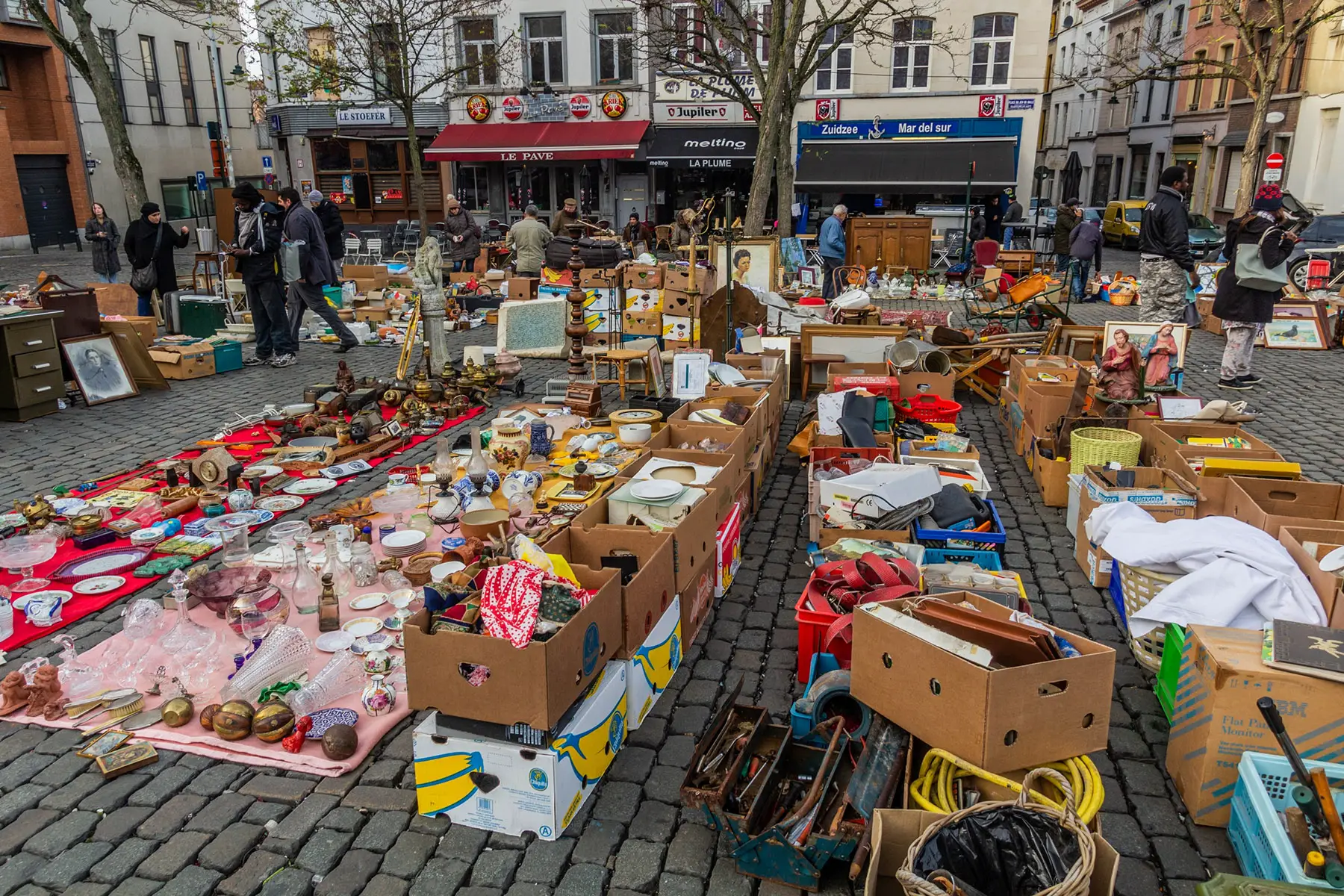Moving to a new country can be an expensive business. But there are ways that you can ensure you’re getting a good deal on everything from your groceries to your rental costs.
Here, we offer a range of tips on how to be financially savvy in Belgium, with advice provided by expat finance expert Dave Deruytter of ING Bank.
- Consider shopping over the border or at the market
- Go to Belgian restaurants at off-peak times
- Set yourself a monthly budget
- Find the best savings account in Belgium
- Get advice from the expat community
- Sell your unwanted belongings online
- Consider getting a smart meter
- Take your time when it comes to finding a property
- Be prepared to negotiate on rent
- Use price comparison websites for household items
MeDirect
Get more from your money with MeDirect. This Belgian savings and investment bank is home to financial experts who can help you expand your investment portfolio and track your stocks and shares. Enjoy in-app accessibility and let your money work for you with MeDirect.
Consider shopping over the border or at the market
The costs of day-to-day shopping in Belgium are expensive in comparison to neighboring countries. Those who live near the border can get a little creative to save cash.
Dave says: “If you’re living near the border, it can make sense to buy your groceries in a neighboring country. You might be able to save 10-20% on your bill.”
Avoiding supermarkets entirely is also an option, as many areas hold markets on a specific day each week. Shopping at markets can be a great option for savvy expats, with fruit and vegetables usually available more cheaply than in supermarkets.
Go to Belgian restaurants at off-peak times
Each country – and particularly each capital city – has areas that draw foreign tourists and charge a premium.
“In Brussels, you’ll need to pick restaurants carefully as prices increase significantly during premium times. In popular parts of the capital, restaurants can be particularly expensive on weekends and in the evenings”, says Dave.
Set yourself a monthly budget
Keep track of your spending by setting yourself a budget and managing how much you spend every month.
First, write down your fixed monthly costs (such as rent/mortgage payments and utility bills) and calculate how much disposable income you will have each week. You can either do this using a spreadsheet or a specialist budgeting app on your mobile phone or tablet.

You can also keep on top of your finances by using your bank’s online banking app. Most banks offer their own versions – such as the ING Smart Banking App – that allow you to stay on top of your day-to-day finances.
Find the best savings account in Belgium
If you’re putting some money away for a rainy day or are embarking on a long-term savings plan, you’ll want to ensure you’re getting the best returns on your cash. One way is to open an account with your bank or an online service such as MeDirect.
The best savings account will depend on how much you’re putting away and whether you want to lock up your cash. Instant access accounts are widely available and are free to open; however, you might only get a tiny amount, as little as 0.01% in interest. Some instant access accounts will pay you a loyalty bonus of around 0.1%.
If you’re able to save more money, accounts that require a monthly standing order of €500 or more offer much more sizable bonuses of 0.5% or more. This is also the case with accounts where you tie your money up for a period of one year or more.
With interest rates so low, it’s not worth worrying about whether you’ll pay tax on your interest. Withholding tax of 15% is only payable on savings accounts that have earned more than €960 in interest.
If you save with a large financial institution, your first €100,000 of savings are usually protected if something happens to the bank. Beyond that amount, you’ll have no cover if the bank goes bust. Always check the terms and conditions of your provider before signing up.
Investing is another way to make your money go further. Ask your bank about different savings and investment accounts.
Get advice from the expat community
While being in a new country may seem intimidating, remember that there are lots of other people in the same boat.
By attending local expat events, you could get some great money-saving tips. You might even make some friends along the way.
Dave says: “When you first move to Belgium, try to integrate into the local expat community.”
“It’s only natural that some things in Belgium are more expensive than back home. It makes sense to get the inside track from fellow expats who have lived here for a while.”
Sell your unwanted belongings online
Even if you traveled light when you moved to Belgium, you’ll be surprised at how quickly you can build up clutter after you’ve been in your new home for a few months.

With that in mind, having a clear-out of unwanted belongings could give your finances a boost. Whether you use auction sites such as eBay, social media marketplaces, or local classified ads, living a more streamlined lifestyle will give you greater freedom and help your wallet.
Consider getting a smart meter
Have you made sure you’re on the cheapest possible tariff with your utility providers? If not, now could be a good time to audit your bills. That way, you can see if you can get a better deal by switching.
One option is to have a smart thermostat installed. These thermostats can be operated from anywhere using your smartphone. That means you can turn your electricity supplies on and off whenever you want. This can help you cut down on your monthly utility bills.
Take your time when it comes to finding a property
Taking some time to assess the local property market in the area you’re moving to can help you save money.
If you’re going to be in the country for a while, you might be tempted to buy a property in Belgium straight away. A bit of patience can help you really get a handle on the market before rushing in.
Dave says: “The property market in Belgium varies a lot from area to area. If you want to save money it can make sense to rent first and plan out where you might eventually buy a home, rather than buying blind when you first arrive in Belgium.”
Be prepared to negotiate on rent
As with buying a property, the rental market in Belgium can be very up and down, making it difficult to save money.
In some places, eager renters scramble for the best properties. In other areas, you may be able to haggle for a better deal.
Dave says: “Rents in Belgium aren’t especially expensive compared to some other countries. In Brussels, rents and lease terms can be negotiable, so be prepared to haggle to get a good price.”
Use price comparison websites for household items
To save money on everyday household items in Belgium, use online price comparison websites and apps.
Websites such as MyShopi allow you to compare the price of products in well-known chains. It’s also worth keeping an eye out for flash sales and promotions that might only last 24 hours. Dagpromo keeps track of the best offers appearing online on a day-to-day basis.




